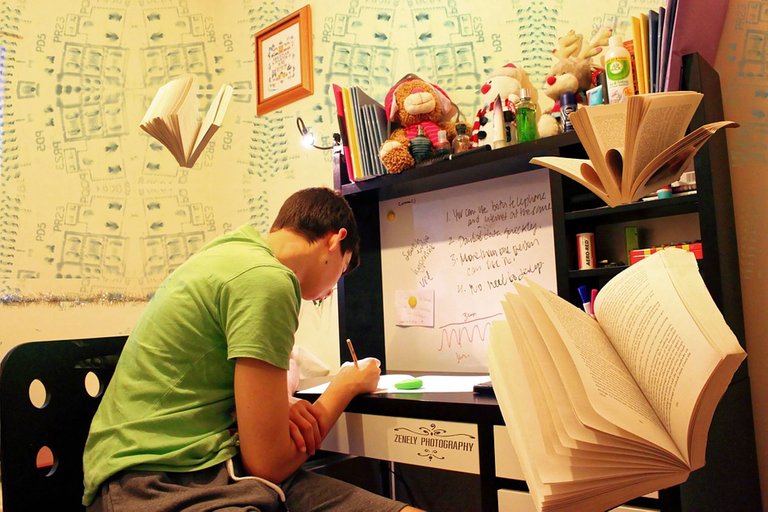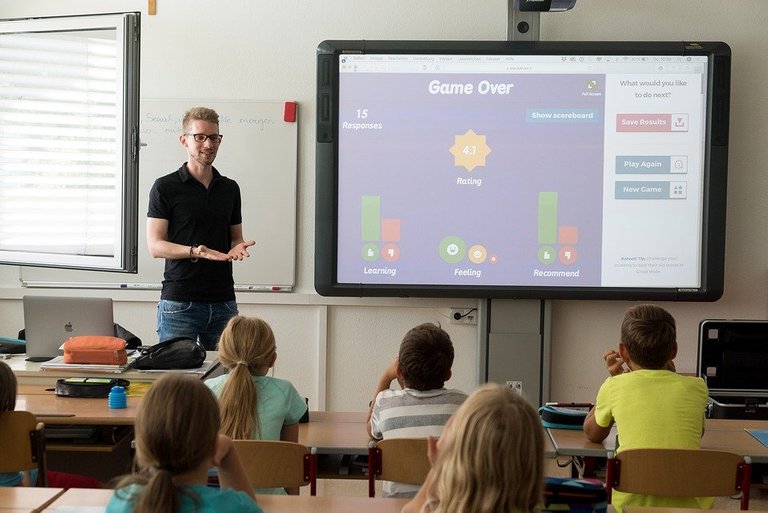Being Extra Careful With At-Risk Math Students & Those Who Don't Like Math
Hi there. This is a math education post where I talk about being extra careful as a tutor when working with at-risk mathematics students, students who don't like math or
Due to its highly computational and somewhat abstract nature, mathematics gets a bad rep by many. There can be a bit of math homework and practice problems which can seem annoying, boring, long or even frustrating.

The Hate, Don't Hate, Don't Like, Like Spectrum
Before I dropped out of business school and went into mathematics (and then statistics), I learned this one interesting concept from a business professor. Instead of viewing something as love or hate, view it more as a spectrum. You can either hate a subject, not hate a subject, not like a subject or like a subject. Not liking a subject does not automatically mean you hate it. That subject could be neutral to it.

If The Students Don't Like Math, Don't Make Them Hate It Even More
As someone who has helped a wide variety of math students as a teaching assistant, tutor and educator, it is common to hear from students that they don't like math. There are way more people who do not like math than the amount of math-related program majors in universities who like mathematics. With this in mind, I would think and suggest that math educators should provide really good mathematics instruction and quality service to students. If a student does not like math, having a crappy teacher would make things even worse for the student experience. Bad math experiences for students would make them think that math is like MATH a.k.a Mental Abuse To Humans.

Never Criticize Their Math Skills
In the education setting, words do matter and hold more weight than dealing with adult friends and colleagues. Young kids, youths, teenagers are still growing and developing so it best to keep the comments to yourself.
If a student is coming in for math help, that student knows that there needs to be improvement. For the student, making the initial step to come in for help can be big for some. Be supportive and avoid criticism of the student.

Providing Quality Mathematics Instruction
You cannot force students and people to like math right away. However, you can try to influence the students from hating math to not hating math and possibly from not liking math to liking math through good mathematics instruction. Some examples of good mathematics instruction for teachers and students include:
- Knowing your math!
- Providing detailed and informative guided examples
- Clear, concise and informative explanations of sometimes abstract math concepts
- Providing memory aids where appropriate.
- Providing visual aids
- Big picture ideas / applications of math topics
- Being non-judgmental (Can be hard)
- Exercising care and patience
- Finding right difficulty in tests.
- Actually teaching math concepts of grade level. (There are math teachers who teach something like solving linear equations to grade fives which is like four grades above in Toronto at least.)
The list above may seem like "common sense" but not all (math) teachers do most of these. This list all comes down to just being helpful, care for the students.

Closing Thoughts
The contents in this post is mostly geared towards math teachers, tutors and educators for dealing with at-risk/weak students but it can also be generalized to other subjects and towards students in general. With motivated students, it is best to keep the education quality and service at a high level. Positive student engagement is a sign of good service.
Whether a teacher/tutor/educator is aware of it or not that person does represent a community of teachers and the subject that they teach. Good service leads to a great reputation which is worth its weight in gold in any service oriented industry such as education.

I wanted to be a math teacher.
My approach was to find ways to make math relevant to the students' lives. When they find that math solves their real world problems, they start liking math.
I find that the lack of real-life / real-world applications for mathematics from teachers holds certain students back in pursuing more maths (and in general other subjects).
IMHO, teachers who present mathematics as an abstract art are doing their students a disservice. Mathematics, and logic, are extremely relevant ... especially in the digital age.
For example, the blockchain at the base of this forum is really just a combination of mathematical forumlas and logical procedures. To thrive on the platform, one needs to master the mathematics behind the blockchain.
I used to like math until I met terrible teachers who couldn't explain to me the why and the history of a concept. I was the typical student who wanted to know the "why" and "how" it may apply in real life. Since then, I hate math and never do the homework. I wouldn't say I am terrible. I am an average though I believe when I study I can do much better.It's really been hard finding a tutor that doesn't judge and having some patience.
Sorry to hear about your experiences with terrible teachers.
You might like the "pure mathematics" branch of mathematics. It focuses more on theory, abstract concepts, proofs and more importantly how certain formulas are derived. (i.e. Quadratic formula is from completing the square on y = ax^2 +bx + c)
I never get to know that branch but sounds like something I might be interested in learning.
!ENGAGE 30
ENGAGEtokens.